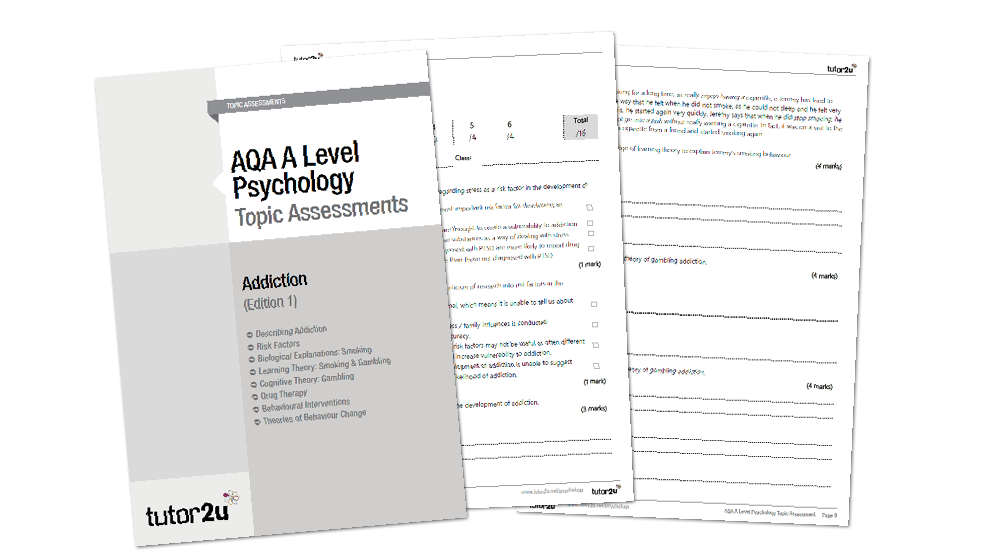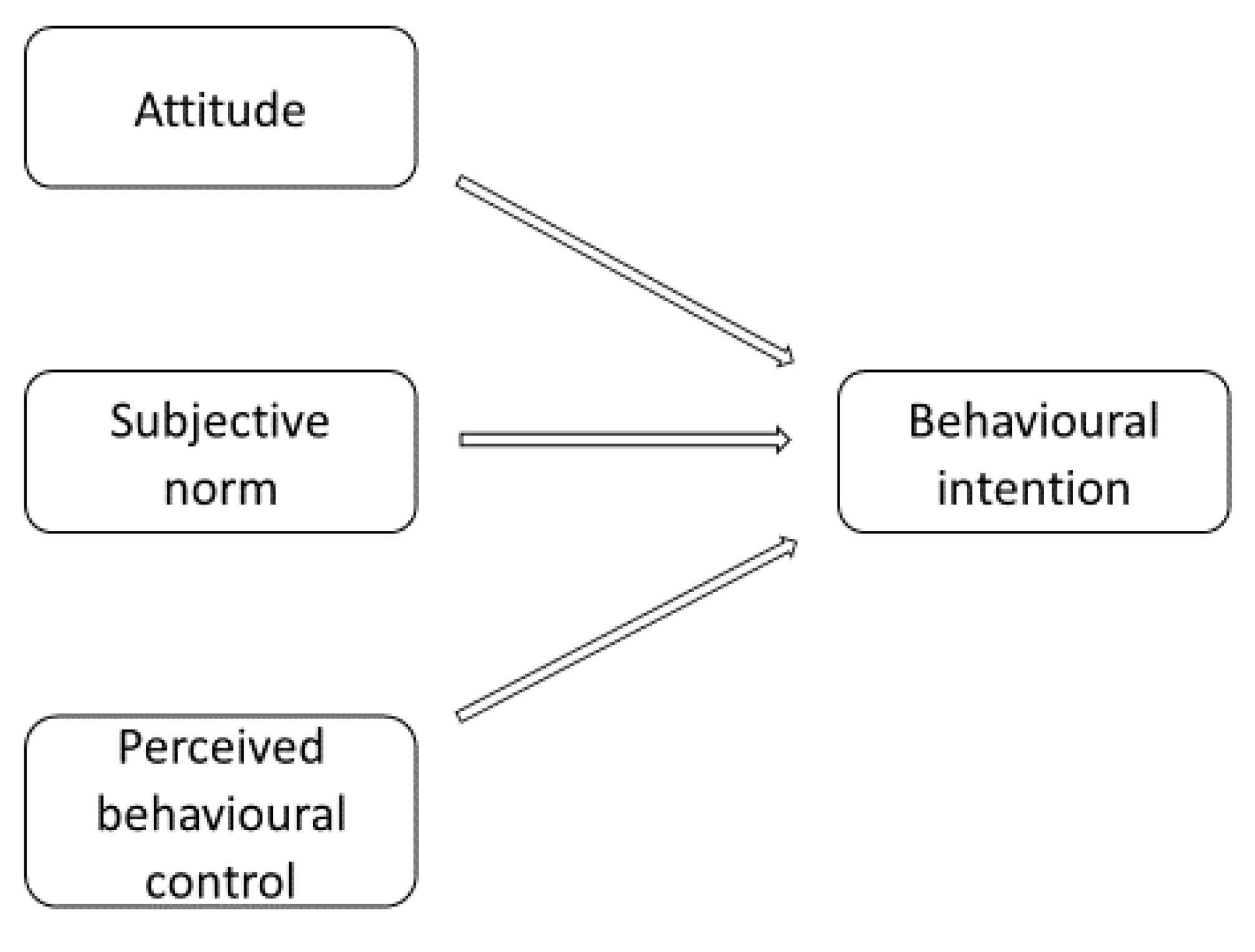Theory Of Planned Behaviour Gambling
Using The Theory Of Planned Behavior To Predict Gambling theory of planned behavior tpb ie intentions subjective norms perceived behavioral control and attitudes in. To facilitate this, the Theory of Planned Behaviour (TPB) was employed to model the influence of gambling attitudes (e.g., the expected emotional and financial outcomes from gambling), social norms (e.g., perceived approval and gambling behaviour of significant others) and cognitive biases (confidence in the ability to determine the outcome of.
Psychology Topics- Group(s):Addiction Key Terms
Share:
Share by emailLearning theory explains gambling in terms of operant conditioning: gambling behaviour is reinforced and this increases the likelihood that the behaviour will be repeated. Griffiths (2009) argues that some types of gambling, such as slot machines, may become addictive because, as well as financial rewards, there are physiological rewards (the adrenaline and dopamine ‘buzz’ of winning’), psychological rewards (excitement) and social rewards (praise from peers). Many gamblers talk about having a large win or winning streak early in their gambling career and Aasvad (2013) found that they continue to gamble in order to repeat these early experiences. Gambling is reinforced on a partial schedule (not every time), which makes it resistant to extinction. Gambling machines pay out on a variable reinforcement schedule, which is a type of partial reinforcement where only a proportion of responses are reinforced and there is no fixed pattern; this lack of predictability keeps people gambling.
Unit & Topic Assessments
Short exam-style and exam-standard assessment papers (with mark schemes) to help test specific units or key topics in the relevant specification.
Addiction: Topic Assessments for AQA A-Level Psychology

- SKU: 03-4125-11030-01
Instant Download
School network license
- £15.00
Theory Of Planned Behaviour Gambling Laws


Addiction: Topic Assessments for AQA A-Level Psychology

- SKU: 03-4125-11030-01
Instant Download
- £15.00
Online course
Catch Up 2021AQA A-Level Psychology - Biopsychology
- 50-60 hours learning time
- 104 videos, downloads and activities
Theory Of Planned Behaviour And Gambling
All students preparing to take AQA A-Level Psychology exams in Summer 2021.
AQA A-Level Psychology - Biopsychology- Core Topics Revision Flashcards for AQA A Level Psychology
Core Topics Revision Flashcards for AQA A Level Psychology
- SKU: 03-4130-30001-03
Printed Edition
Student personal license
- £7.95(+VAT)
Core Topics Revision Flashcards for AQA A Level Psychology
- SKU: 03-4130-30001-03
Printed Edition
- £7.95(+VAT)
- Memory: Exam Buster Revision Guide for AQA A Level Psychology
Memory: Exam Buster Revision Guide for AQA A Level Psychology
- SKU: 03-4130-30098-03
Printed Edition
Student personal license
- £5.95
Memory: Exam Buster Revision Guide for AQA A Level Psychology
- SKU: 03-4130-30098-03
Printed Edition
- £5.95